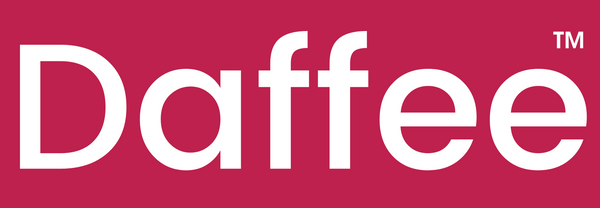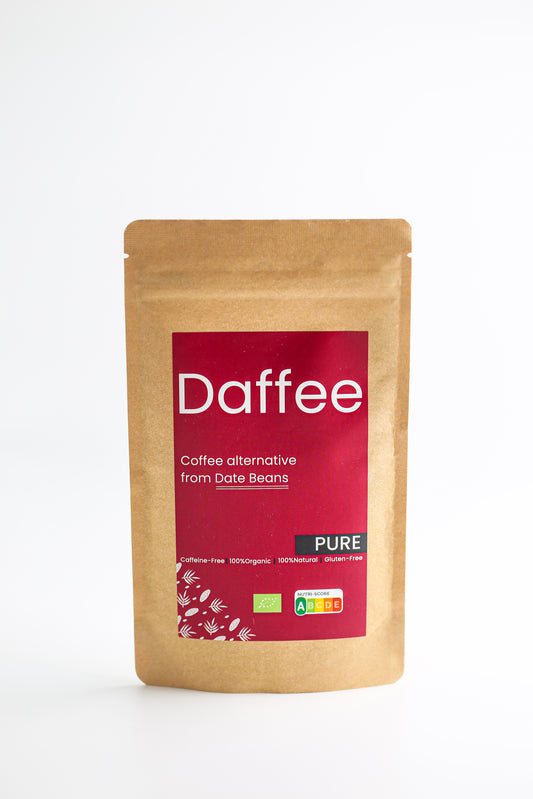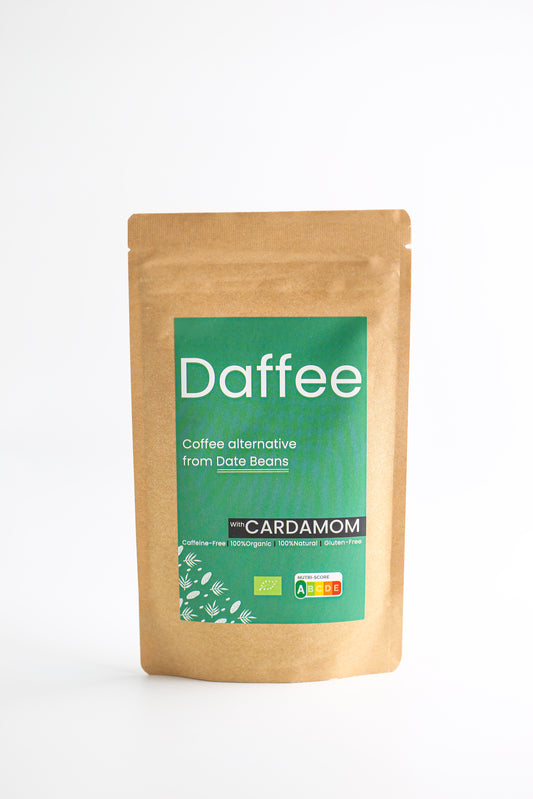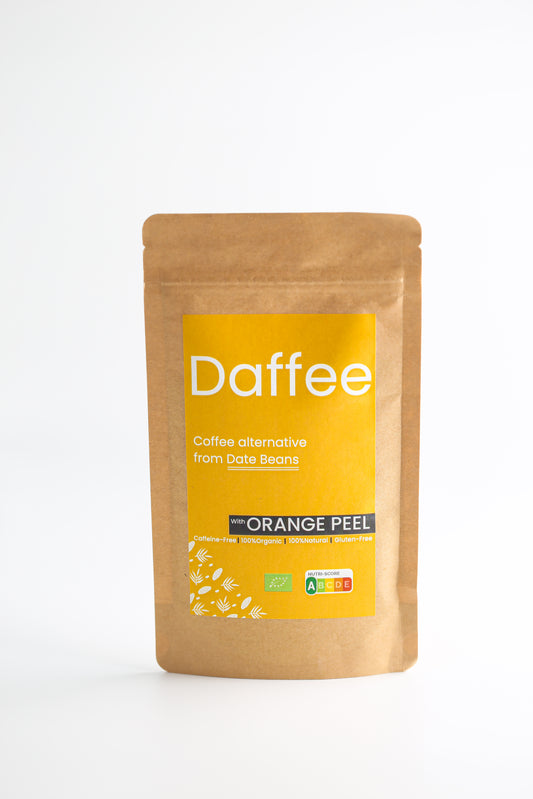
Introduction
In a world grappling with environmental challenges, upcycling has emerged as a powerful tool for sustainable living. At Daffee, we’re turning waste into a resource by using date seeds—often discarded in the production of dates—to create a unique, organic, and caffeine-free coffee alternative. This approach helps us align with the circular economy, focusing on reducing food waste and promoting environmental sustainability. In this blog post, we'll explore how Daffee is championing upcycling and leading the way in sustainable coffee alternatives.
What Is Upcycling vs. recycling?
Upcycling is the process of transforming by-products, waste materials, or unwanted items into new products of higher value or quality. Unlike recycling, which breaks down materials, upcycling gives them a second life without degrading their composition. Daffee’s organic date-seed coffee is a prime example— organic date seeds that were once a waste product now serve as the key ingredient in our eco-friendly beverage, Daffee!

Daffee's Commitment to Upcycling
At Daffee, sustainability is in our DNA. By repurposing date seeds, we’re not only reducing food waste but also minimizing the environmental footprint associated with traditional coffee farming. Coffee production requires significant water and land resources, while Daffee’s date-seed coffee uses minimal resources, making it a perfect choice for eco-conscious consumers.
The Environmental Benefits of Upcycling
- Reduces Waste: Each year, tons of date seeds are discarded globally. By upcycling them into Daffee, we’re reducing this waste stream and turning it into something valuable.
- Conserves Resources: Traditional coffee farming requires significant water and deforestation. Daffee’s upcycling process conserves these resources, offering a more sustainable alternative.
- Supports the Circular Economy: Upcycling aligns with the circular economy, where products are continuously reused and repurposed. Daffee’s innovative use of date seeds exemplifies this model.
- Lowers Carbon Footprint: By avoiding the resource-heavy processes associated with coffee cultivation, Daffee reduces its carbon footprint, contributing to a cleaner, healthier planet and, lower emissions compared to conventional coffee due to reduced resource input.

Daffee’s Role as a Certified B Corporation
Daffee’s commitment to upcycling and sustainability is further demonstrated by our certification as a B Corporation. This designation reflects our dedication to environmental responsibility, social impact, and transparency. By choosing Daffee, consumers are supporting a brand that prioritizes both people and the planet.




